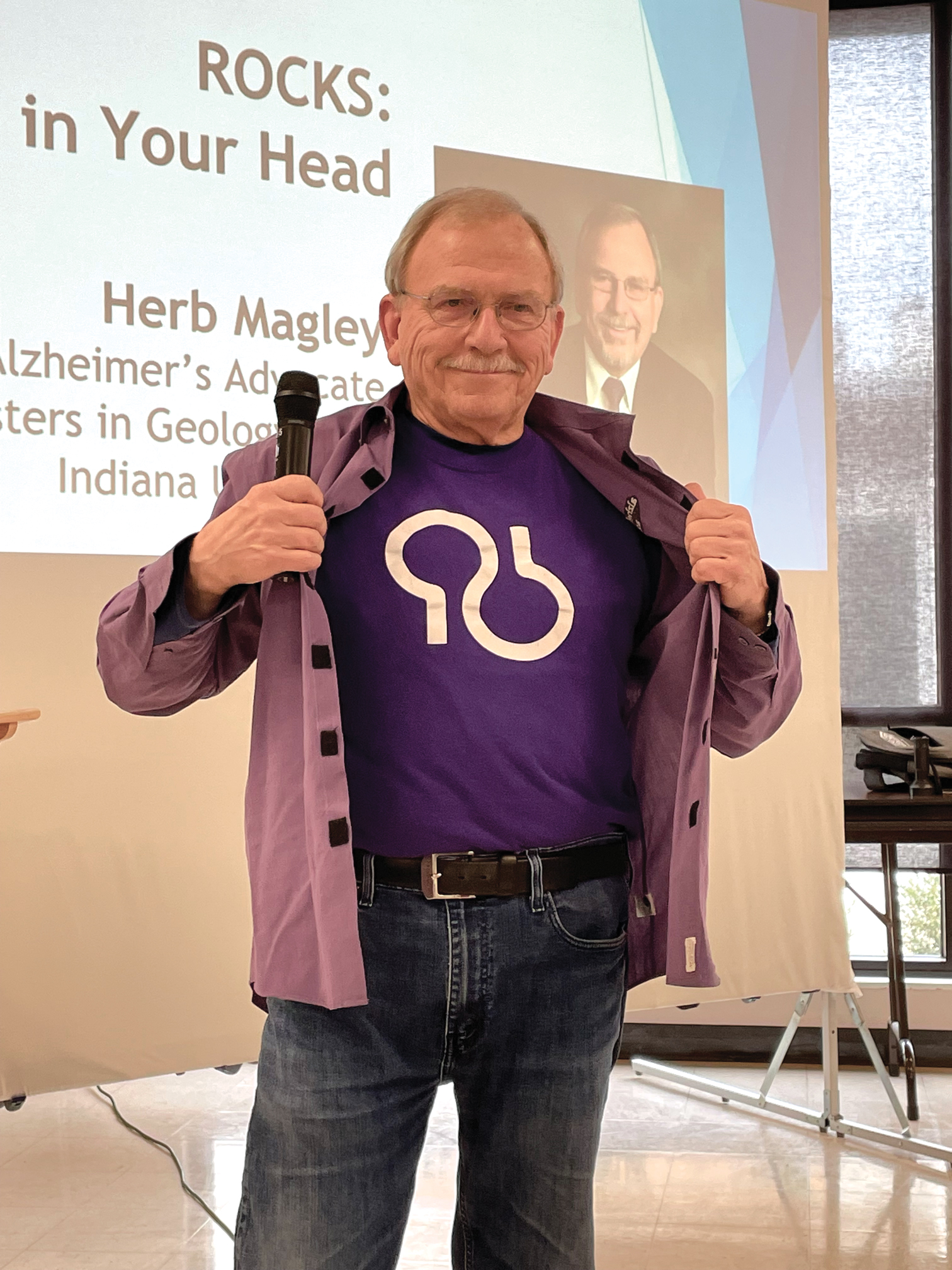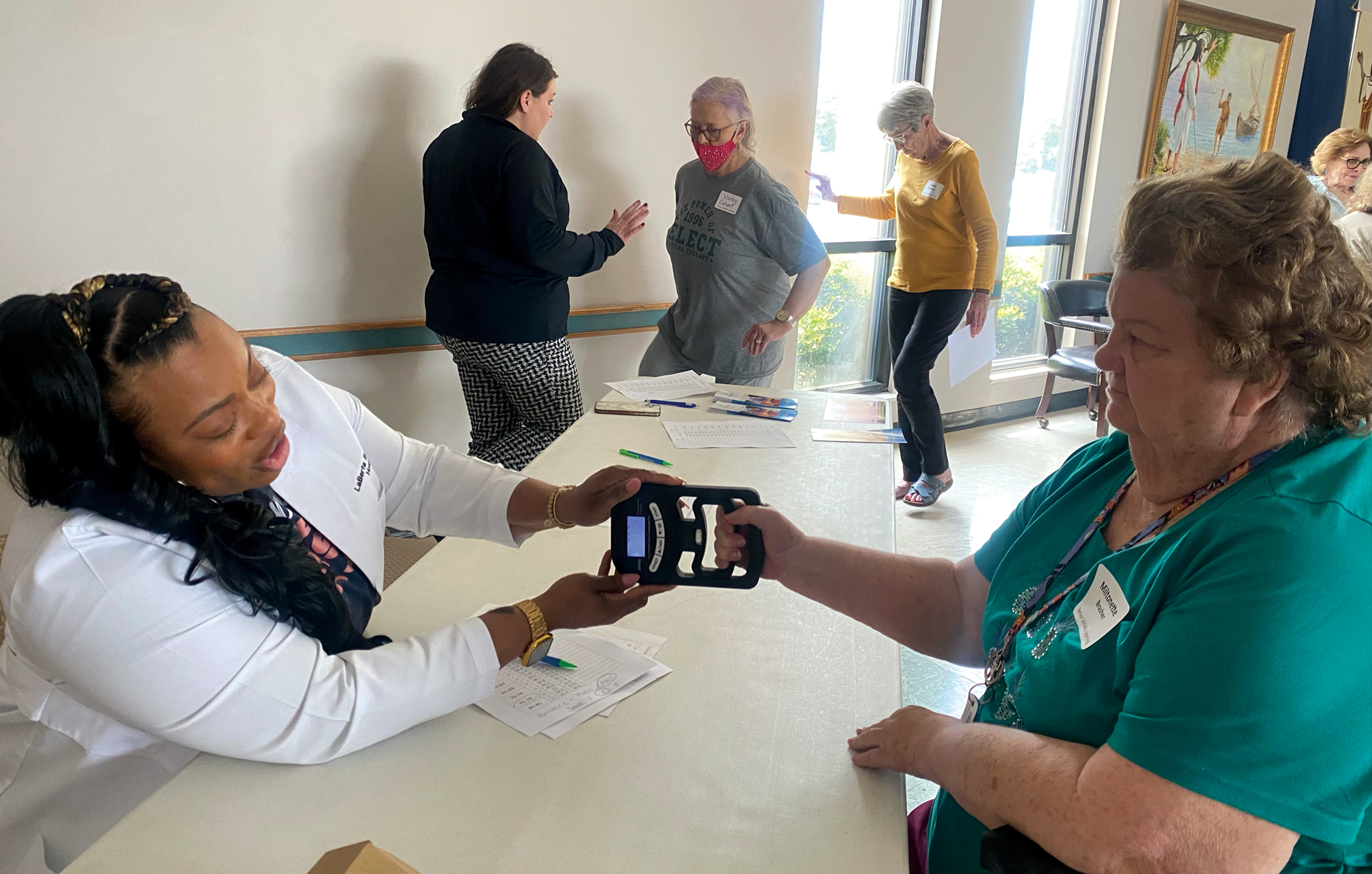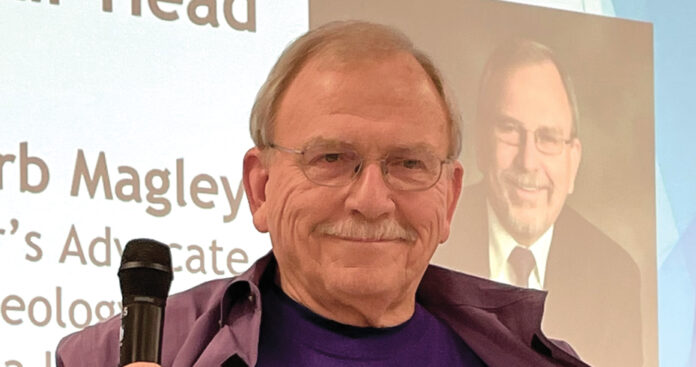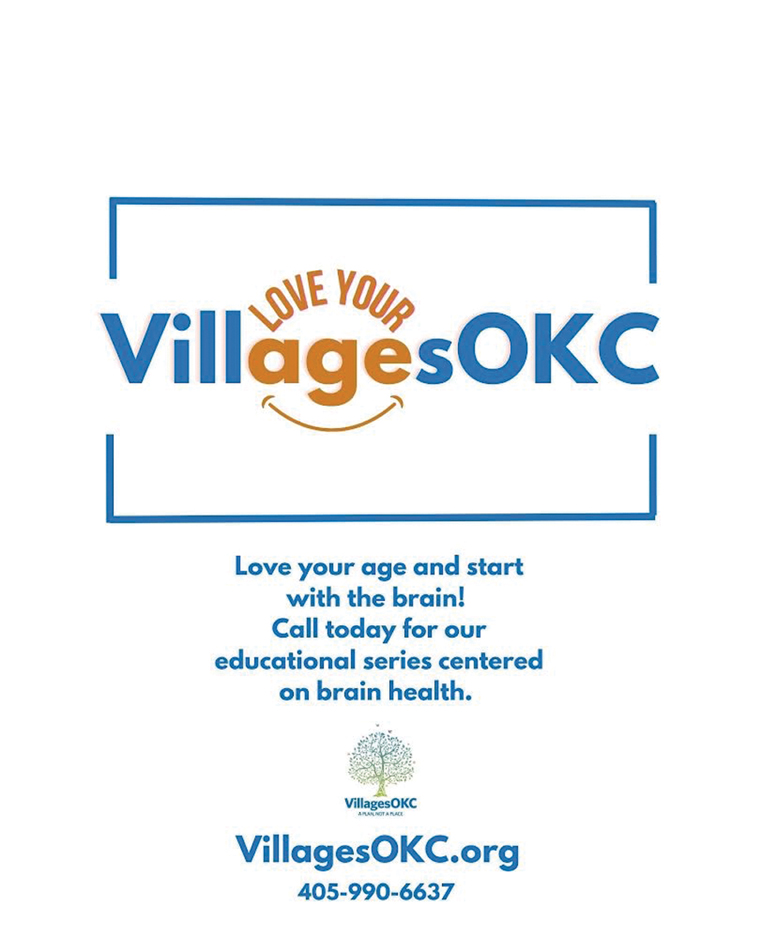

The brain has plasticity and can grow at any age – if you use it.
Seniors in Oklahoma City took this “use or lose it” message seriously all year long.
More than 55 people every month took advantage of free sessions called Senior LifeSkills Learning workshops. These are the people, age 50 and more, who take personal responsibility for continued learning. Senior LifeSkills Learning topics ranged from “How to Fall Correctly” to “Get a Grip on Improving Your Brain,” to “Insider Tips on Doctors Visits” and much more. All the presentations are based on approved and tested research, but presented for practical application and in “plain English.”
One of the popular workshops involved identifying and differentiating certain smells. This demonstrates strong brain activity. The sense of smell is one of the first things to change as Alzheimer’s disease takes root, even before other symptoms appear. The workshop offered a simple but valid standardized “scratch and sniff” screening to encourage intentional training of the brain to recognize smells.
VillagesOKC organizes and promotes these monthly 90-minute events in cooperation with Our Lord’s Lutheran Church which provides the space.
In order to circle the city with learning opportunities, VillagesOKC also created three Positive Aging days of learning at local campuses. The first Positive Aging was held at Rose State College, then in June one was held at Southern Nazarene University, and most recently Positive Aging: Love Your Brain was held at MetroTech Springlake campus. Combined attendance at the Positive Aging and LifeSkills Learning events totaled 839.
More than 220 individuals came for a day of learning from local professionals such as Bruce McIntyre from the Parkinson’s Foundation and Richard V. Smith, MD, Neurosurgeon at Mercy. Dr. Smith gave the latest in stroke information and prevention. Dr. Jonathan Vestal reminded attendees to “do what you did at first” – hold your head high, look straight ahead when walking, shake hands often and break bread together. He even had the crowd standing on one foot to improve balance. These daylong events were free and included a light lunch and a movie. All had one focus: improving the brain.
Everyone wants a better brain. The Netflix documentary, “Living to 100” illustrates how people around the world are living long and living well. And it all starts in the brain.
The brain represents who we are, which is why so many are eager to learn about ways to improve the brain. In the last Positive Aging event of the year, we watched the documentary, “My Love Affair with the Brain,” which is the story of Dr. Marian Diamond and her 60 years of brain research and teaching at the University of California at Berkeley. She succinctly summarized the way to keep the brain growing and improving: diet, exercise, something new, something challenging and love.
Here in Oklahoma, there are many organizations which do a magnificent job of helping when seniors are in need or in crisis. Although VillagesOKC members do help each other as good neighbors, VillagesOKC’s focus is uniquely education. We are in the business of prevention. Empowering the 370,000 adults 50 and older in greater Oklahoma City to first take personal responsibility and then help another as the very best way to provide for everyone. The village movement encourages learning so each can make the best personal choice. Learning leads to planning for the bumps in life and this leads to serving others.
In three words, VillagesOKC members: Learn. Plan. Serve.
To learn more about http://www.villagesokc.org/, call or text 405.990.6637 or email [email protected].















